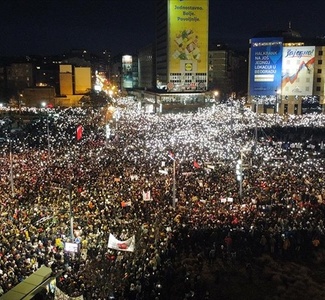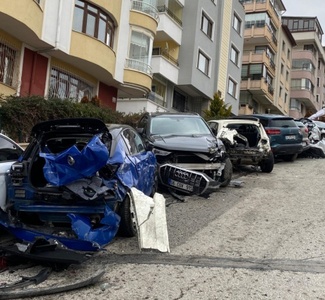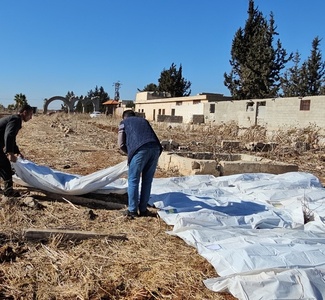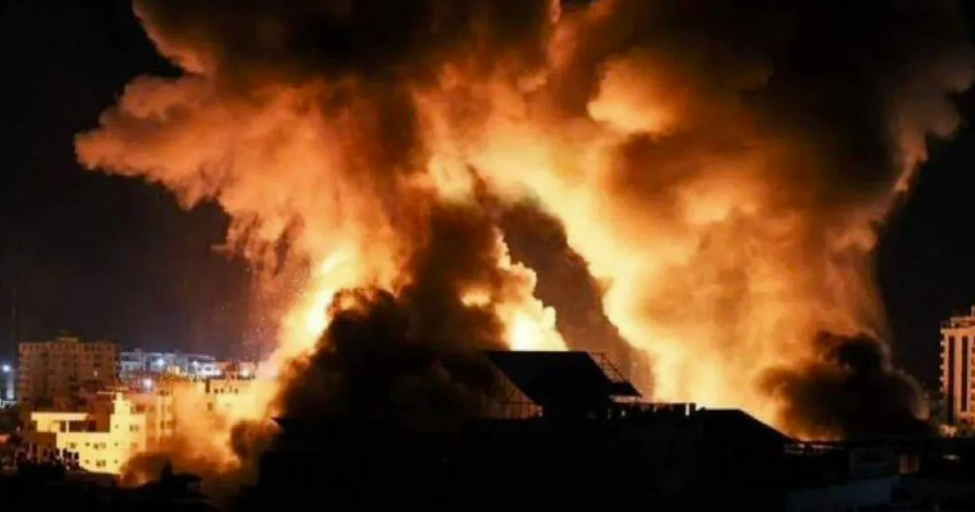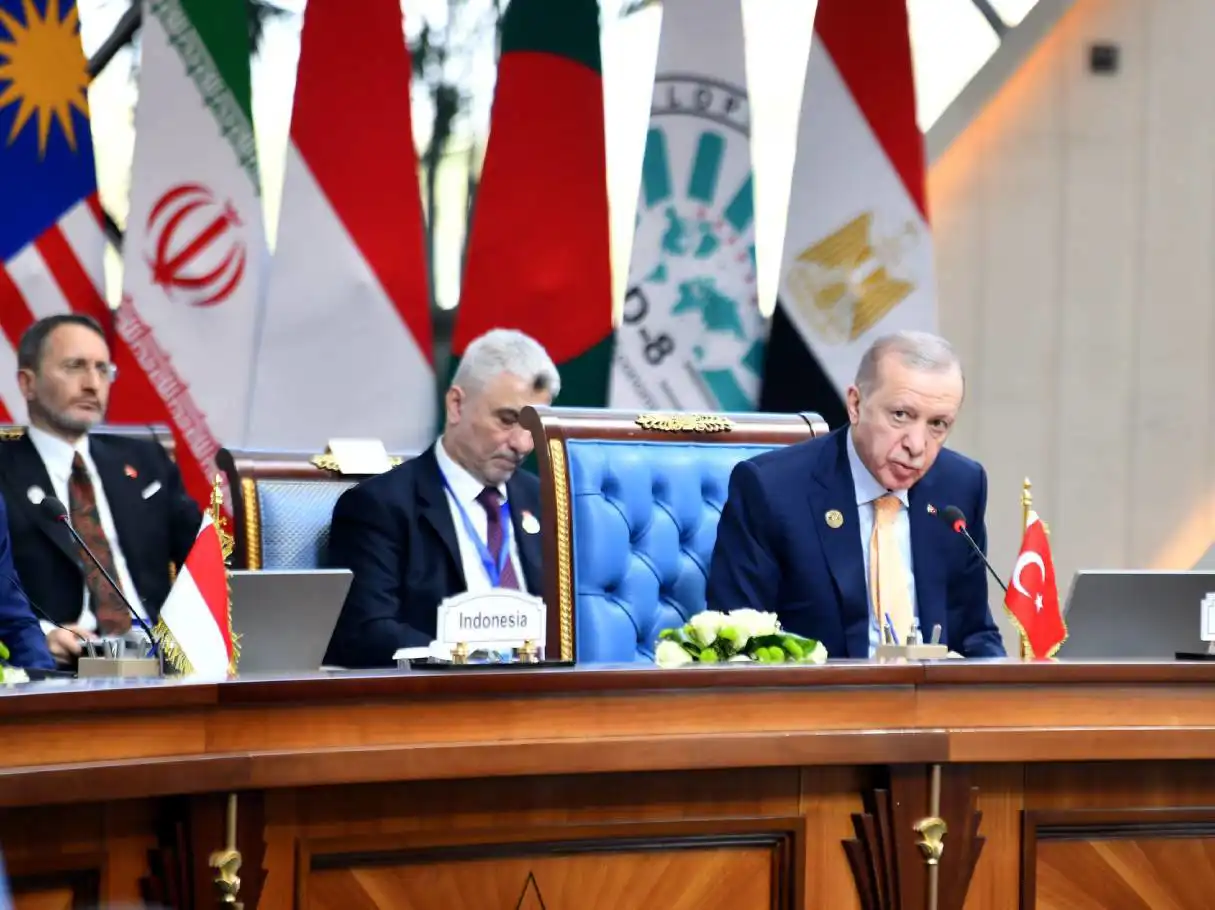At least 23 Rohingya Muslims killed, 30 missing after boat capsizes in Andaman Sea
In a heart-wrenching incident that highlights the ongoing plight of the Rohingya people, at least 23 lives have been lost, with 30 individuals still missing, after a tragic boat capsizing in the treacherous waters of the Andaman Sea.

 Google News'te Doğruhaber'e abone olun.
Google News'te Doğruhaber'e abone olun. Reports indicate that a vessel carrying over 50 passengers embarked on a perilous voyage across the Andaman Sea, with the intention of reaching Malaysia. Among the passengers were Rohingya individuals who were fleeing Myanmar's Rakhine state, where they have faced long-standing systemic discrimination and persecution.
Survivors, numbering eight in total, shared harrowing accounts of their ordeal. The ill-fated journey took a tragic turn when the boat was struck by a massive wave near Sittwe, the capital of Rakhine state. The smugglers, who had reportedly been paid approximately $4,000 by each person seeking passage to Malaysia, abandoned the vessel as it began to sink.
Rescue efforts have managed to recover some of the victims' bodies, while others have tragically washed up on the shore. This incident underscores the immense risks faced by thousands of Rohingya individuals who attempt the dangerous sea voyage to Malaysia or Indonesia each year, seeking refuge from the dire circumstances in their homeland.
The Rohingya crisis has its roots in decades of discrimination and persecution faced by this Muslim minority population in Myanmar. The situation escalated dramatically in 2017 when the Myanmar military launched a brutal crackdown in response to attacks by a Rohingya insurgent group. The military's actions, including widespread atrocities such as extrajudicial killings, mass rapes, torture, and the destruction of Rohingya villages, triggered a massive exodus of Rohingya refugees, with hundreds of thousands fleeing to neighboring Bangladesh and other countries.
This crisis has led to one of the largest refugee influxes in recent history, with countless Rohingya refugees, including vulnerable women, children, and elderly individuals, undertaking treacherous journeys on foot or by sea. The refugee camps in Bangladesh, particularly in Cox's Bazar, have become symbols of the challenging humanitarian conditions that these displaced individuals endure.
The international community has vehemently condemned the actions of the Myanmar military, with many labeling the crisis as ethnic cleansing and genocide. Efforts have been made to provide humanitarian aid to Rohingya refugees and to hold those responsible for the atrocities accountable through international mechanisms.
Amid these circumstances, attempts have been made to repatriate Rohingya refugees from Bangladesh to Myanmar. However, these efforts have encountered skepticism due to concerns over the safety, rights, and protection of the Rohingya upon their return. Many within the Rohingya community fear returning to Myanmar without guarantees of citizenship and security.
Addressing the complex Rohingya crisis necessitates tackling the root causes of discrimination and persecution within Myanmar. This includes efforts to grant citizenship, ensure rights and safety, and promote reconciliation among diverse ethnic and religious groups within the country.
The tragic incident in the Andaman Sea serves as a stark reminder of the urgent need for international collaboration in addressing humanitarian and human rights crises, underscoring the crucial role of advocating for justice and the protection of vulnerable populations. (ILKHA)
































